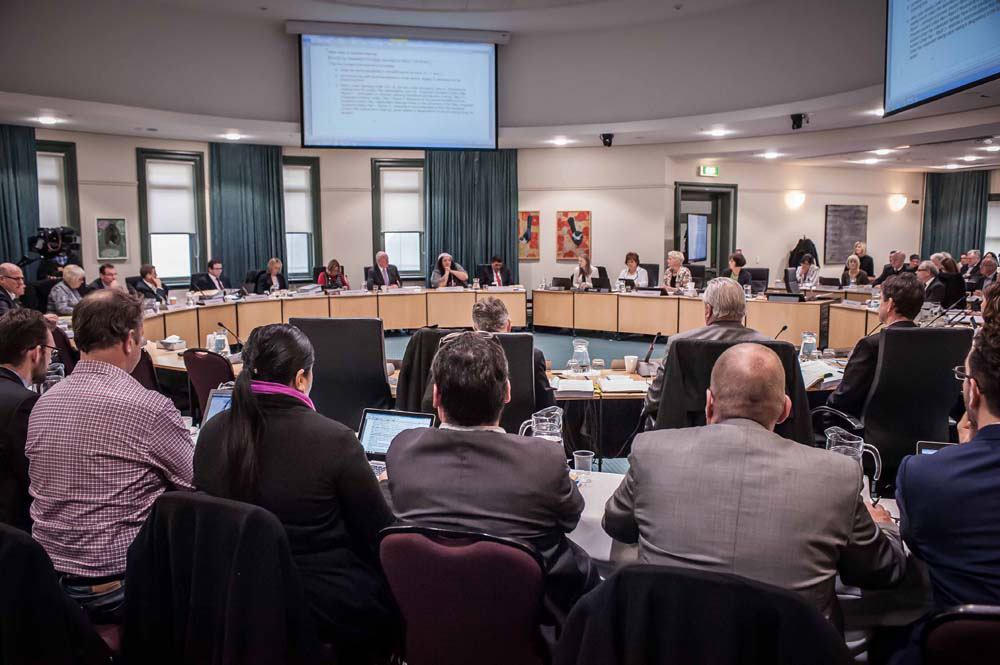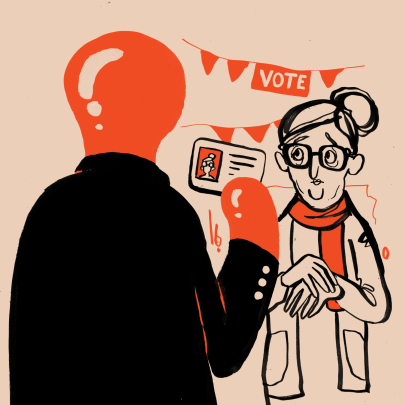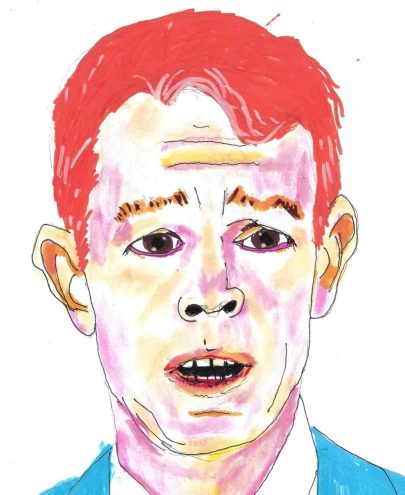Aug 15, 2016 Politics
John Key is taking a sustained beating over homelessness, house prices and immigration. It may yet be fatal.
Photo: Getty.
Homelessness delivered a serious body blow to the government in late May. Within weeks of The Nation reporting on Aucklanders living in cars, John Key’s government managed to make itself appear not only negligent but also pitiless. Most New Zealanders haven’t yet adjusted to the notion that poor people — including those in work — should aspire to living in a better-appointed garage or a better-upholstered car. That presumably isn’t the “brighter future” Key promised during election campaigns.
Homelessness, of course, is just one part of the unholy trinity John Key and his ministers face as the next election campaign looms. There are also Auckland house prices and immigration.
It’s way beyond the time when it can deny there is a problem – which has long been John Key’s default setting. Recent polls show that 60 per cent of us think immigration levels should be reduced (including 59 per cent of National voters); 75 per cent think the government is not doing enough to control house prices.
Faced with these figures, the government will want to keep two particular pieces of damning information contained; both are potentially devastating.
The first is Labour MP Iain Lees-Galloway’s analysis comparing skills shortages to immigrant visas. On August 11, he released figures showing the government granted thousands of work visas for low-skilled jobs despite tens of thousands of unemployed New Zealanders looking for work in those sectors.
By comparing the Household Labour Force Survey and Ministry of Business, Innovation and Employment immigration statistics, he showed work visas were approved for 6500 labourers over the past year while there were 15,600 local unemployed labourers.
We imported 2700 sales workers despite having 23,000 unemployed sales workers of our own.
We imported 2700 sales workers despite having 23,000 unemployed sales workers of our own. Work visas were issued to 2400 clerical and administrative workers yet we have 14,500 unemployed in that area.
If Lees-Galloway and Labour can make these figures stick in the public consciousness, they will destroy National’s claim that they are mostly importing workers to fill a skills shortage.
And the fact that more than 200,000 people were issued with temporary work visas in the year to June when we have an unemployment rate of 5.2 per cent makes the government’s mass immigration policy look like a cynical — and no doubt successful — attempt to put downward pressure on wages.
Then there is the question of how many foreigners are buying houses here. Again, the National government cannot afford to let the truth leak out, and the most vivid evidence of its desperation has been Nick Smith’s response to Duncan Garner’s relentless quizzing on the topic.
At the beginning of August, Land Information New Zealand released figures that showed the net number of dwellings bought by foreign tax residents between April and June this year was 3 per cent of the national total. (In Auckland, it was 5 per cent, or 900 houses.)
The government has welcomed this relatively small figure with alacrity, even though a question in the LINZ survey regarding foreign students and temporary visa workers remained ambiguous and undermined the data’s usefulness. But, when questioned by Garner about foreign buyers, Smith fudged as best he could and wouldn’t budge from his mantra: only 3 per cent of houses are being sold to foreign tax residents.

Try as he might, Garner couldn’t get Smith to satisfactorily address the obvious question — that foreigners here as students or on temporary work visas do not show up as foreign buyers in the figures because they are counted as New Zealand taxpayers.
Labour has calculated 13 per cent of total sales went to overseas buyers, although other commentators have put a much higher figure on it.
Nick Smith’s blatant stonewalling showed how much the government is vulnerable on this point, not least because they have sneered at critics of their immigration policies as xenophobic and racist and downplayed the effect immigrants have on soaring Auckland house prices.
For that reason, the government must have been delighted with the attention given to Auckland’s Unitary Plan debate. For a week or two, it looked as if it might have been off the hook over house prices. Suddenly it was the Auckland Council, not the government, that was going to take the heat as it grappled with how to help provide an adequate supply of houses.
But after the initial enthusiastic reception to the Independent Hearing Panel’s recommendations, sober analysis is dominating. Planners can talk all they like about allowing 422,000 new houses to be built over 25 years, but it’s dawning on more and more people that supply constraints such as the availability of builders, materials and reasonably priced land will keep the number of new-builds to a fraction of what the plan allows. None of them will be cheap. And if immigrants keep pouring into Auckland at their current rate of more than 600 a week, new supply will struggle to keep pace with fresh demand alone. Falling house prices in Auckland increasingly seem like a pipe dream unless immigration is curtailed.
Falling house prices in Auckland increasingly seem like a pipe dream unless immigration is curtailed.
Key’s repeated refusal to agree to review immigration settings looks like a deadly miscalculation. The more he tries to sidestep the problem, the more he will inflame the debate. And he’s now beginning to trip over his own shoelaces as the topic spirals out of his control.
In early July, Patrick Gower quizzed Key on The Nation about immigration. Key said: “We can and we do control migration.”
But, a few weeks later, he’s admitted that free-trade agreements constrain the government.
Coming under fire on the first day Parliament resumed sitting after a month-long recess, Key said: “I don’t think there’s a need to go and change the number of students we have or people on working holidays because they’re reciprocal embedded rights we negotiate as part of our free-trade agreement.”
So can he or can’t he control the influx?
The heat is going on the government like a blowtorch over its expansive immigration policy, and not just from the usual suspects. In July, the Reserve Bank recommended a review, and billionaire Stephen Jennings followed suit. Now a host of commentators, from radio host Rachel Smalley to business leader Michael Barnett, have added their voices to the hubbub. North & South magazine has devoted its latest cover stories to the topic (including an extensive Q&A with economist Michael Reddell, who has established himself as the nation’s most trenchant critic of the economic case for mass immigration).
Labour’s Andrew Little is fired up on both housing and immigration, and lurking in the background, of course, is Winston Peters, waiting to do what he knows best: exploit latent hostility to the migrants pouring into New Zealand, and to Auckland in particular.
Peters has already given the government a bloody nose in the Northland by-election; he must be looking forward to creating even more mayhem as the debate heats up over a topic he has made his own for more than 20 years.
The National-led government — with its laissez-faire approach to homelessness, house prices and mass immigration — is sailing into a ferocious storm. A newly critical mainstream media and a resurgent opposition is a powerful mix.





